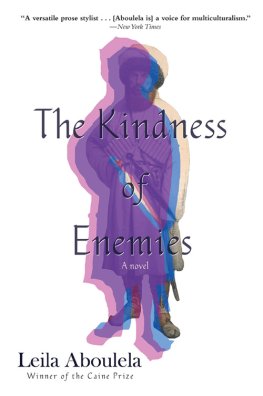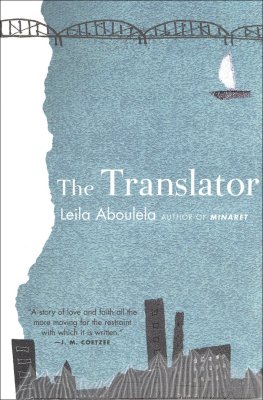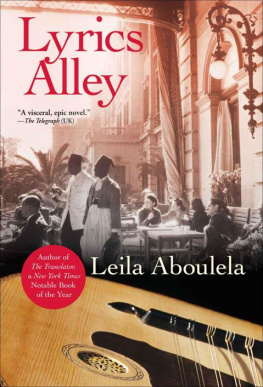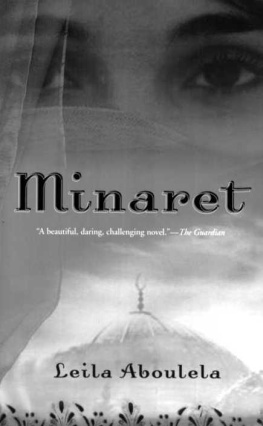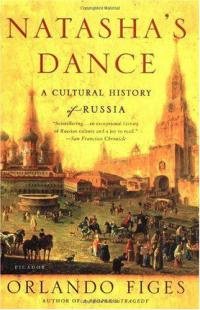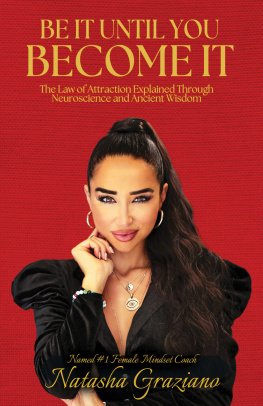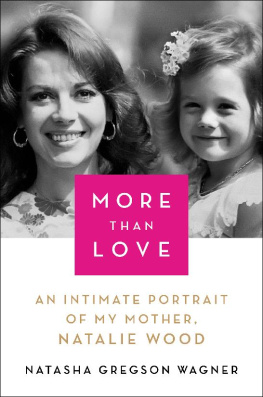Leila Aboulela
The Kindness of Enemies
For my brother, Khalid Aboulela
we have to grope our way through so much filth and rubbish in order to reach home! And we have no one to show us the way. Homesickness is our only guide.
Steppenwolf, Herman Hesse
That the soul should be open to the Divine Light, even with so small an opening as to allow only a glimmer to pass through, was enough to satisfy the utmost aspirations and capabilities of the vast majority for the rest of their life on earth. It remained for them to treasure what they had gained and to consolidate it
A Sufi Saint of the Twentieth Century, Martin Lings
1. SCOTLAND, DECEMBER 2010
Allah was inscribed on the blade in gold. Malak read the Arabic aloud to me. She looked more substantial than my first impression; an ancient orator, a mystic in shawls that rustled. The sword felt heavy in my hand; iron-steel, its smooth hilt of animal horn. I had not imagined it would be beautiful. But there was artistry in the vegetal decorations and Ottoman skill from the blades smooth curve down to its deadly tip. A cartouche I could not make out. I put my thumb on the crossbar long ago Imam Shamils hand had gripped this. Malak said the sword had been in her family for generations. If I ever become penniless, I will show it to the Antiques Roadshow, she laughed, and offered me tea. It was still snowing outside, the roads were likely to become blocked, but I wanted to stay longer, I wanted to know more. I put the sword back into its scabbard. With care, almost with respect, she mounted it on the wall again.
I followed her to the kitchen. It felt unusual to walk in my socks through a strangers house. Malak had asked me to take off my boots at the door and she herself was wearing light leather slip-ons. The house suited her with its rugs of burgundy and browns, cushions for what must be a seating area on the floor and more Islamic calligraphy on the walls. One tapestry took up the whole side of the sitting room, its large rugged words stitched in green. It looked like a banner carried by a charging horseman. Whatever these letters symbolised was the reason men left the comforts of their homes for the collision of the battlefield. Or was that too idealised an interpretation? My childhood memory of the Arabic alphabet had become hazy and the letters were not easy to distinguish. Malak might read the words out to me. Remarkable that a successful actor would choose to move to such an isolated farmhouse. Even the nearest town, Brechin, was miles away. And this home did not look like a bolthole, an excuse to visit her student son now and again. It looked settled, lived in. Malak Raja had turned her back on London, carried her furniture and family heirlooms north. I brought the scimitar by train, she said, scooping tea leaves. I knew I wouldnt be able to get it past security at Heathrow.
I took my notebook out and laid it open on the kitchen table. I thought she would be used to media interviews. But I had looked her up on Google and, surprisingly, there were none. Only a list of her roles and a brief description: Born in Baghdad of Persian and Russian ancestry has a diverse range of accents trained at the Bristol Old Vic Theatre School. Her roles were too minor to merit interviews. Perhaps the female equivalent of Yul Brynner or Ben Kingsley was doomed not to fare as well. Malak Raja had been one of Macbeths witches on stage; she was an auntie in Bombay Barista, a mother in the BBCs new Conan the Barbarian. Recently she had played the wife of a beleaguered Iranian ambassador in Spooks and the voice of a viper in a Disney cartoon. Later when we became friends she told me that being a viper was lucrative.
Now at her kitchen table, instead of listening to my questions, she asked me about myself. The tea smelled of cinnamon and threatened a memory. She knew only what her son had told her. And you know what boys are like, she twisted her bangles. They never tell their mothers everything. She called him Ossie. His friends and teachers called him Oz. We were all eager to avoid his true name, Osama.
I too had an unfortunate name; my surname. One that I nagged my mother and stepfather to change. It was good that I did that; had I waited for marriage, I would have waited in vain. Imagine, I said, arriving in London in the summer of 1990, fourteen years old, just as Saddam Hussein invaded Kuwait. Imagine an unfamiliar school, a teacher saying to the class, We have a new student from Sudan. Her name is Natasha Hussein. From the safe distance of the future, I joined my classmates in laughing out loud.
Malak grunted with sympathy. Oh they must have had a field day with you! Behind her, through the window, the snow was falling, grey and continuous like static on a television screen.
I felt a slight drop of fatigue. I had been tense these past few days preparing for yesterdays talk. The previous night I had hardly slept, post-presentation euphoria and that unexpected new thread. I had started with Thank you for coming out in this freezing weather. For a Monday at 8 p.m., it was a good turnout, boosted by the History Societys new introduction of refreshments. There was also a decent showing from the Muslim Society, drawn no doubt by the title, Jihad as Resistance Russian Imperial Expansion and Insurrection in the Caucasus. When they realised that my focus was Imam Shamils leadership from 1830 to 1859 rather than the present, they seemed a little restless. Sensitive to their attention span, I finished ten minutes earlier than planned. The Q&A session started with predictable questions from my colleagues that reflected their own research interests. Then a young girl in hijab asked, Are you a Muslim? It was easy to dismiss the query as irrelevant, even silly. I laughed and that made her face flush with embarrassment. She was sitting next to Oz and I got the impression that they had come together. He was one of my brightest students, the one who asked the good questions in class, the one I found myself preparing my lectures for, pointing out an extra reference to, making that little bit more of an effort. Like turning back to the mirror to dab on another bit of make-up before an important meeting.
Oz disappointed me at the Q&A session by not saying anything. Perhaps I even turned to him when the laughter died, expecting at least a response. But he just looked past me, out of the window, at the first flakes of snow. After the talk, as I was putting my laptop away, he came up to me and said that his mothers descendants were from the Caucasus and that she could tell me more. Call her, he said, his hands in the back of his jeans, his trouser legs tucked into big white trainers. She can tell you more, personal stuff too. He took out his mobile phone. Heres her number, she wont mind at all. Come over and see our sword. A real one that was used for jihad, Im not kidding!
When I called Malak the following morning and she said, Come now if you like, I jumped in the car and drove all the way with my windscreen wipers flapping away at the falling snow. I was on a high when I held the sword, knowing that it was a privilege, hoping for a breakthrough. No, I was not here to talk about myself. She had lured me this far like a fortune teller. I was usually restrained, keeping back the shards and useless memories. I had worked too hard to fit in. To be here and now. Thats how I wanted to appear topical, relevant, and despite my research interest, inhabiting the present. And now the mention of my fathers name stalled me, I teetered on the brink of the usual revulsion. If I had been Dr Hussein, the girl wouldnt have asked me if I were Muslim. And yet still I would have had to explain the non-Muslim Natasha. Better like this, not even Muslim by name.

